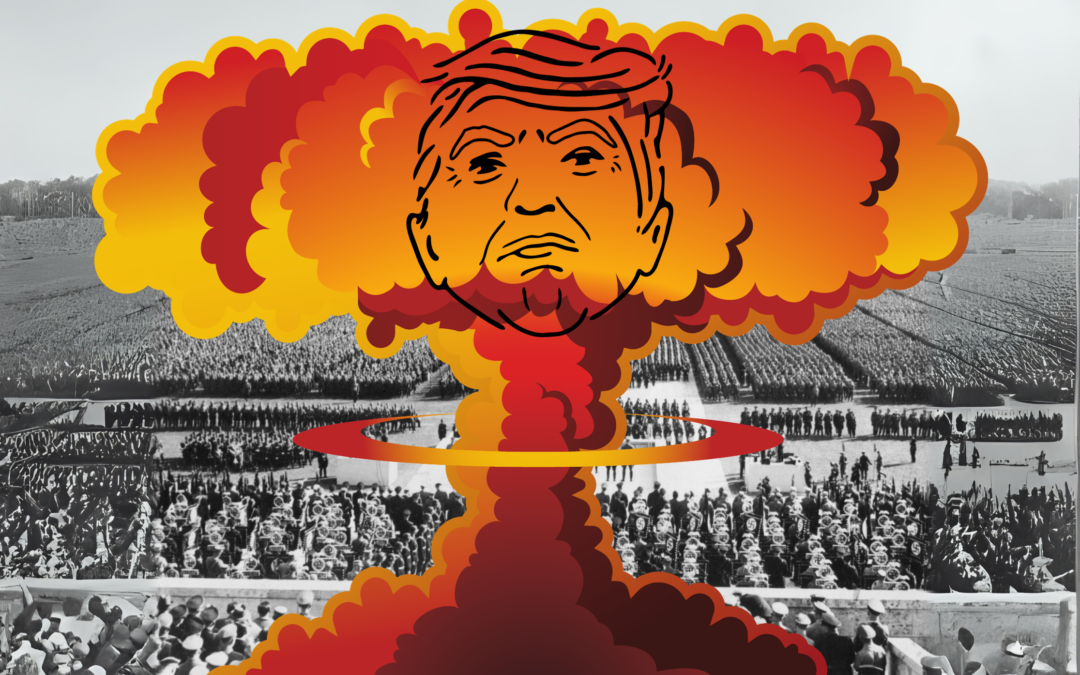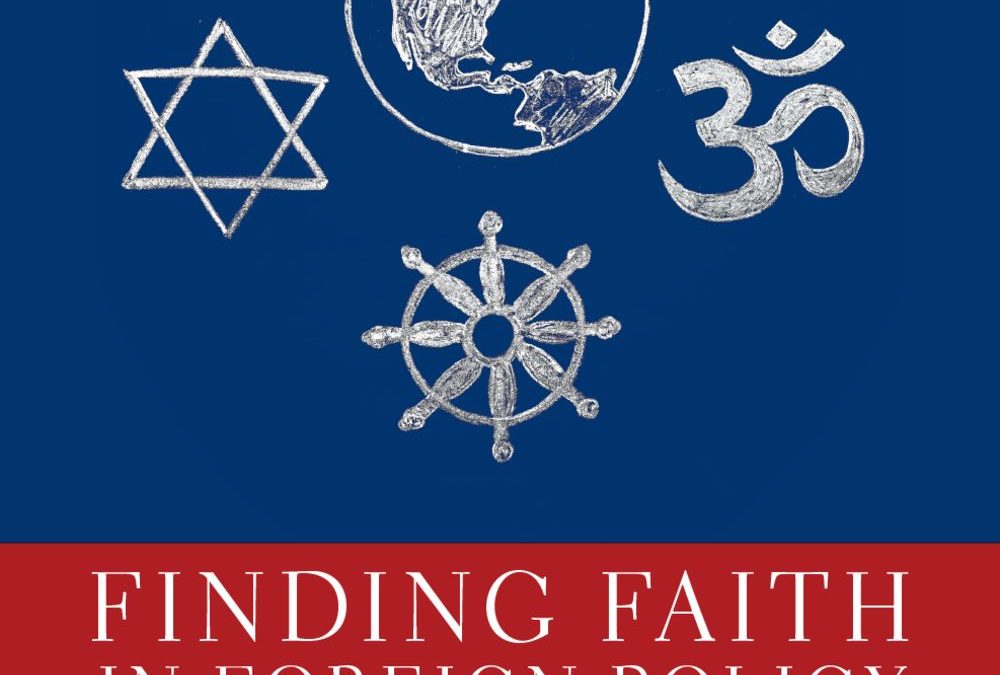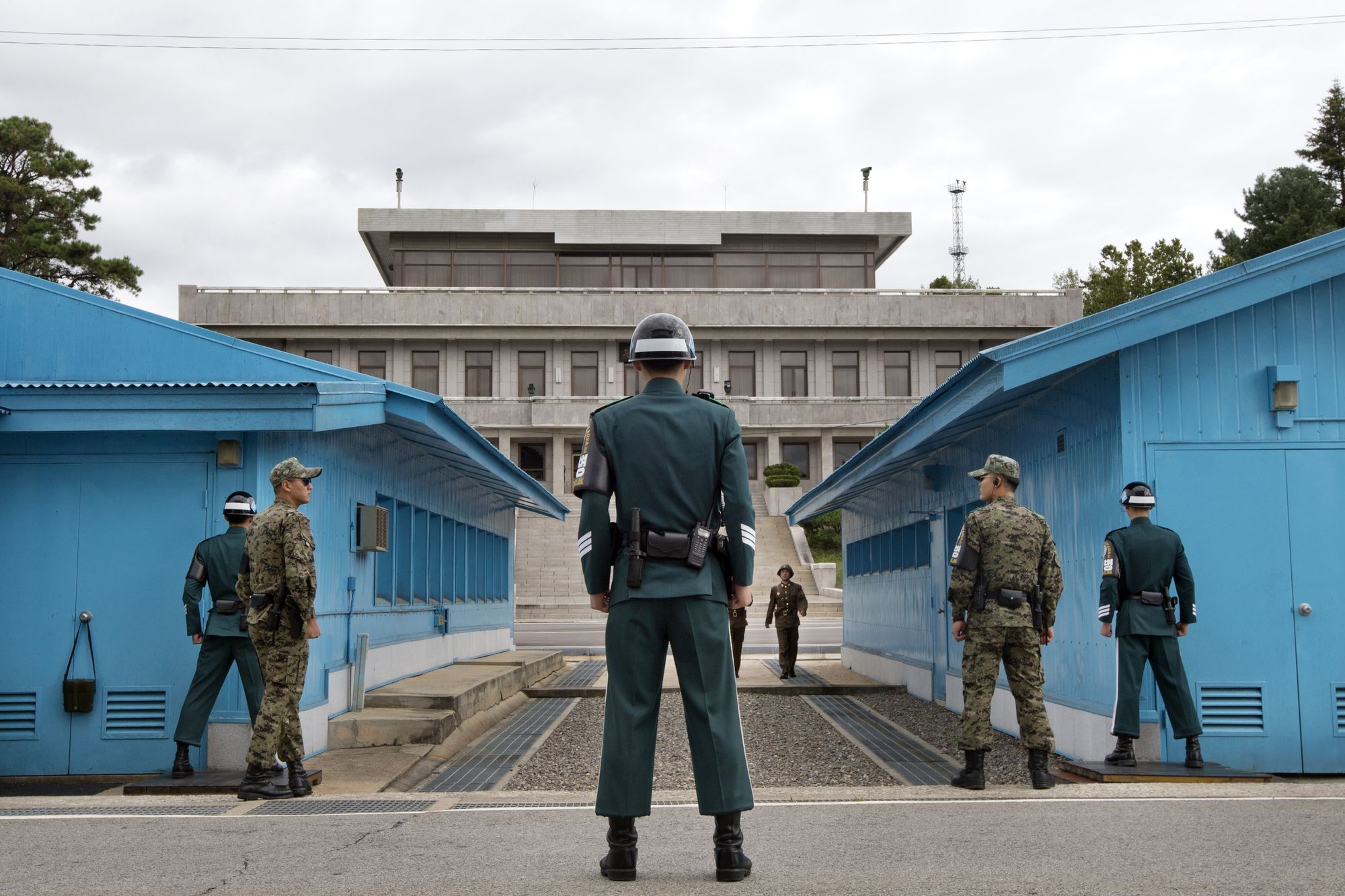The world could use some serious thinking about the relationship between political ideology and nuclear escalation—specifically far-right pathways to nuclear war. The nuclear strategy literature is full of smart claims from many angles: entanglement risks,...







